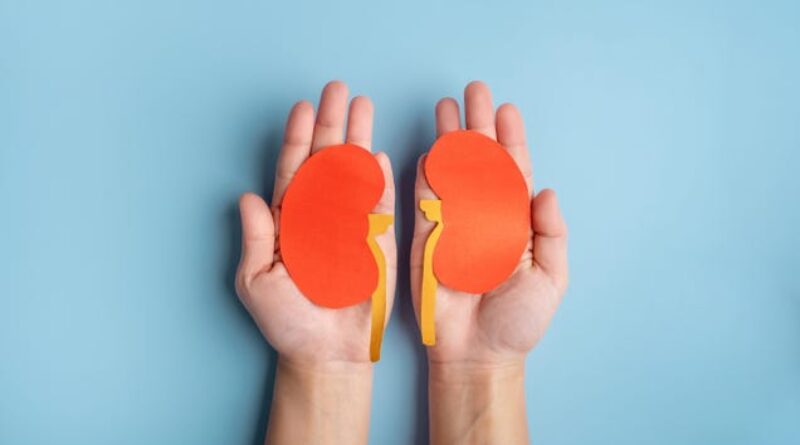An Experimental Antibody Could Someday Make Organ Transplants Less of a Hassle
A lab-made antibody could one day make organ transplants less of an ordeal, recent research suggests. In experiments with nonhuman primates, the antibody appeared to be safe and effective at preventing the rejection of transplanted kidneys and pancreatic cells. Scientists hope that this treatment could reduce or even eliminate the need for lifelong anti-rejection drugs with certain kinds of transplants.
Michael Jai White on Directing Outlaw Johnny Black
The antibody is named tegoprubart, also formerly known as AT-1501. It’s an experimental drug that was initially developed as a potential treatment for amyotrophic lateral sclerosis, or ALS. It was created by researchers from the ALS Therapy Development Institute (ALS TDI), a nonprofit biotech, and is now being developed through a partnership with the company Eledon Pharmaceuticals, Inc.
While tegoprubart is still being tested in late stage human trials for ALS (with promising results so far), scientists have also begun to explore whether it can help transplant patients as well. The drug targets a molecule produced by some T cells, effectively suppressing a specific type of immune response commonly seen in ALS. This same immune response also seems to play a role in how the body rejects donated organs.
This new research was published late last month in the journal Science Translational Medicine. Scientists at the University of Miami and Duke University tested AT-1501 on monkeys that were given two different types of transplants: kidney transplants and islet cell transplants. Islet cells come from the pancreas and produce insulin. Islet cell transplants are an experimental procedure that’s being developed as a treatment for type 1 diabetes (people with the condition are not able to create their own insulin due to the destruction of their islet cells).
In both scenarios, the researchers found, AT-1501 seemed to improve the safety and effectiveness of these transplants. The drug was able to prevent the acute rejection of transplanted kidneys on its own, without the need for further immune-suppressing drugs. The same wasn’t true for islet cell transplants, but the drug did appear to improve the survival of these cells when taken in combination with standard anti-rejection therapy, and with fewer side effects than usual, like infections.
Another key finding was the lack of clotting issues seen after treatment. That’s a side effect that was seen with an older experimental antibody—one that led to unexpected safety issues and possibly even some deaths in early human trials. The subsequent fallout has set back the clinical development of these antibodies as a treatment for transplantation for decades, but it appears that scientists might have finally found a truly safe version of this drug class.
“These data support AT-1501 as a safe and effective agent to promote both islet and kidney transplant survival and function and allow us to advance into clinical trials right away,” said study author Allan Kirk, chair of the Department of Surgery at Duke, in a statement from the university. “This less toxic approach has been pursued for over 20 years, and I think we are finally at a turning point. This could be a great advance for people in need of organ transplants.”
Eledon Pharmaceuticals has already started to conduct small human trials of tegoprubart for transplant patients. Earlier this April, they reported the initial results of its Phase Ib study, which found no acute rejection or related safety issues in a group of 12 patients given kidney transplants. In addition to ALS and organ transplantation, the drug is also being studied as a treatment for Berger’s disease, an autoimmune condition that damages the kidneys.

